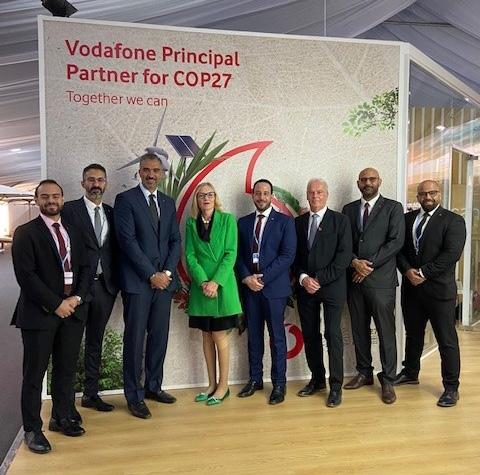
4 minute read
FIDO signing an MOU with Vodafone at COP27
FIDO AI stepped into the green zone at COP27 to put water at the heart of the agenda. An issue which is so often overlooked or overshadowed. But without water, humanity will cease to exist and all the topics which traditionally take centre stage will become irrelevant.
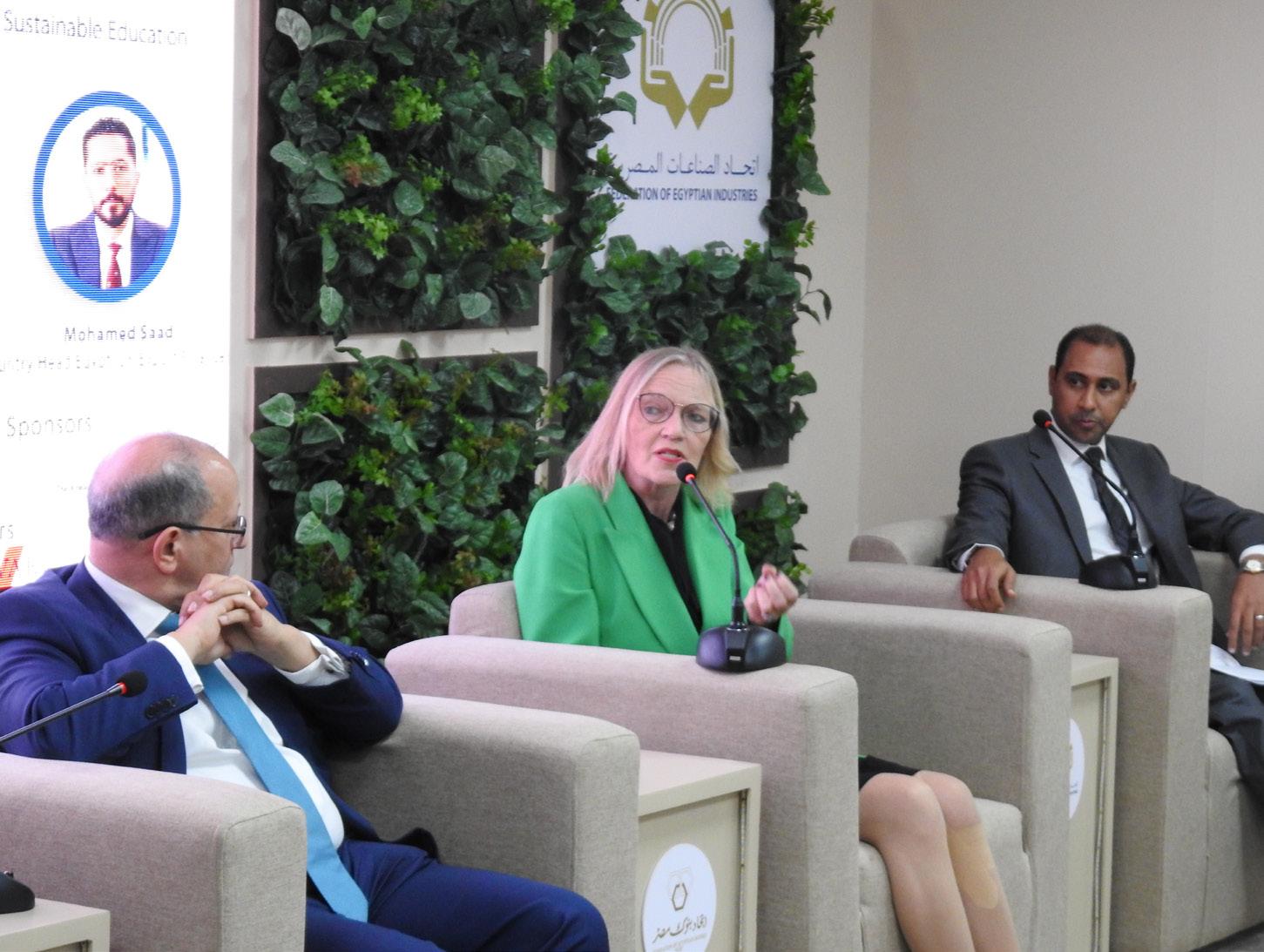
The noble aim of ‘achieving net zero’ is not going to be achieved in our lifetime if we do not address the issue of Day Zero – the day the world runs out of water. It is already happening, and more and more communities will be affected unless we change our attitude towards water scarcity.
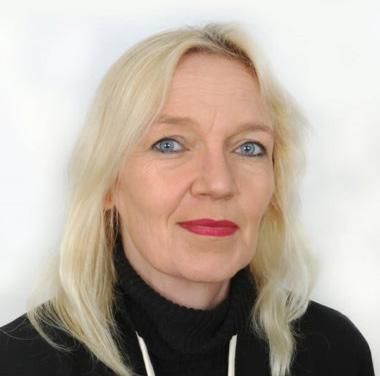
In 2017 Cape Town faced Day Zero, and the country had to rapidly inject 60 billion dollars into its water infrastructure for its own people to survive. Even now South Africa is expected to have no water by 2030. This is the reality all nations across the globe are going to face. By acting now Day Zero can be prevented.
https://www.nationalgeographic.com/ science/article/partner-content-southafrica-danger-of-running-out-of-water
“At COP27 I contributed to a panel discussion on smart cities and data. Cities know they need to invest to prevent crises, the dilemma is what to prioritise first. With water, the answer is simple, invest in protecting what you already have. The world loses 40% of the clean water it produces through leaky pipes, so there is a huge global opportunity to recapture that valuable resource and prevent water scarcity.”
Open data is a key prevention tool. Globally we need to be collaborative and more honest. At FIDO we bring together the brightest and the best in a non-partisan or tribal way, harnessing the greatest technology to stop this threat of water scarcity and insecurity. FIDO is here to help.
Already FIDO is partnering with corporations whose attitudes and missions align with FIDO’s own. Our latest signed partnership is with Vodafone Egypt – signed at COP27. FIDO AI’s leakage reduction programme is being rolled out across Egypt’s water network. The nationwide project has initially begun in Sharm El Sheikh. FIDO AI sensors have been deployed across the city as the first stage of the longterm FIDO process to tackle leakage and water scarcity across Egypt. It was evident very clearly from the Egyptian government as they took over the presidency of COP27 that the word “implementation” is for them, more than just a word; it is a call to action. Clear vision, well articulated and backed with an action agenda and desire to share best practise are key to delivering transformational results as we tackle the devastating effects on climate change. improving operational services and strengthening the sector’s framework at the national level. This plan consists of desalination projects, expansion of water waste management plans and expansion of the rural sanitation program.
We are not stopping there; our global mission is only just beginning.
At COP27 I was proud to represent FIDO and the incredible team back in the UK and the US. Our mission is to rid the world of water scarcity and we invite all to embrace true open data collaboration and join with us. Water scarcity is climate change and I extend my gratitude to the EBBC for embracing the FIDO mission and inviting us to COP27. What an instrumental effect FIDO will now have in Egypt and hopefully, the rest of the world will listen.
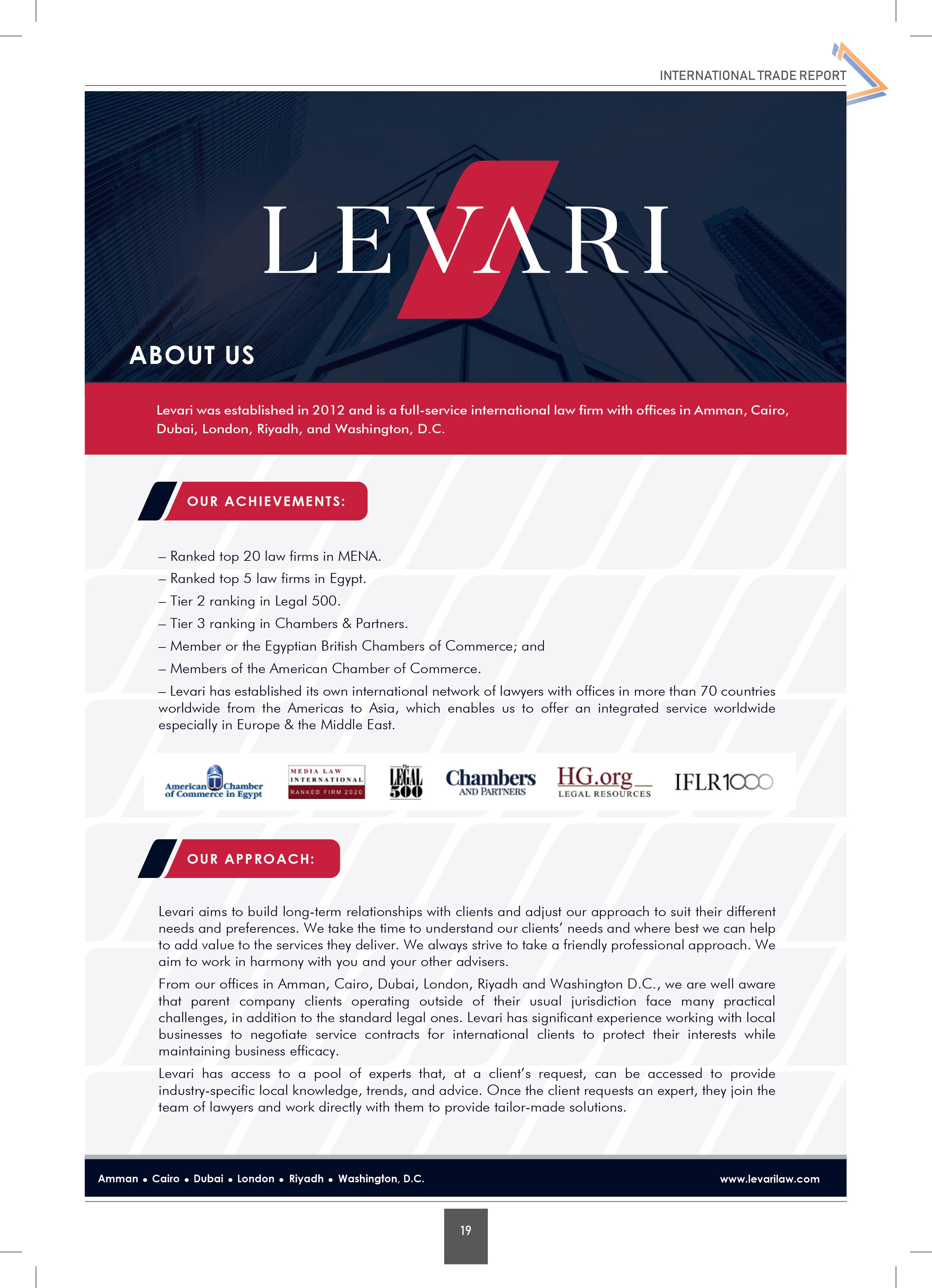

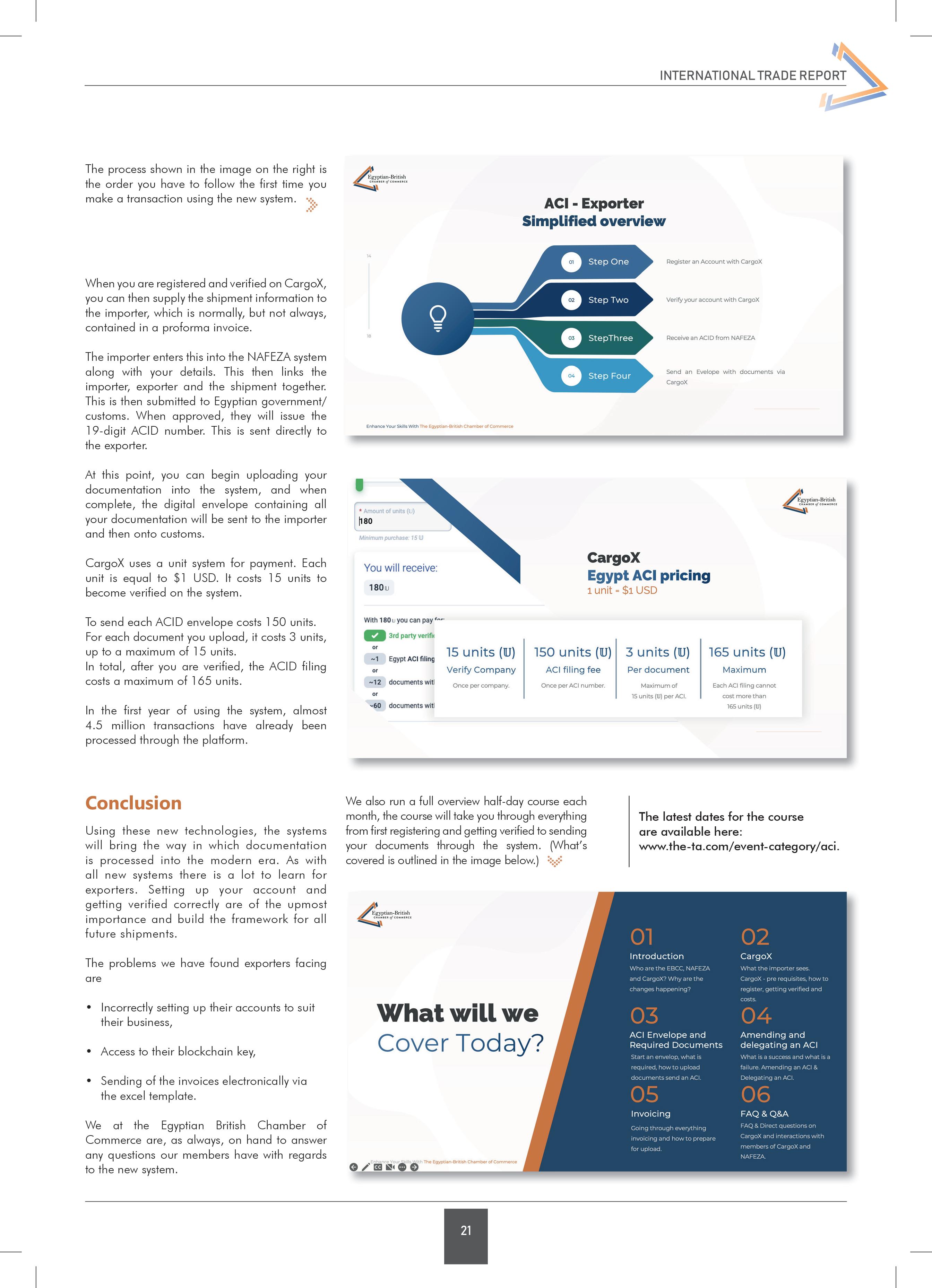
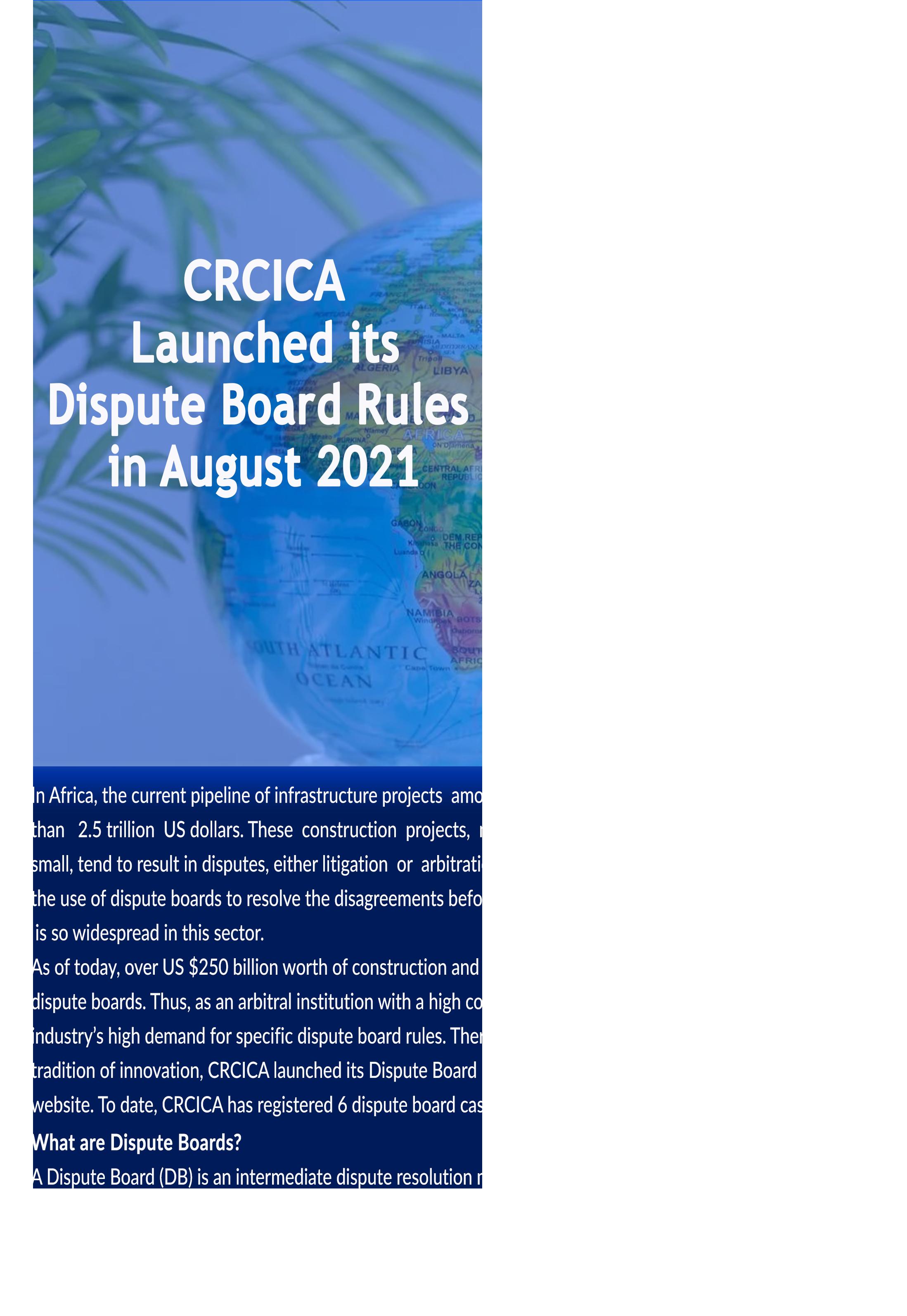

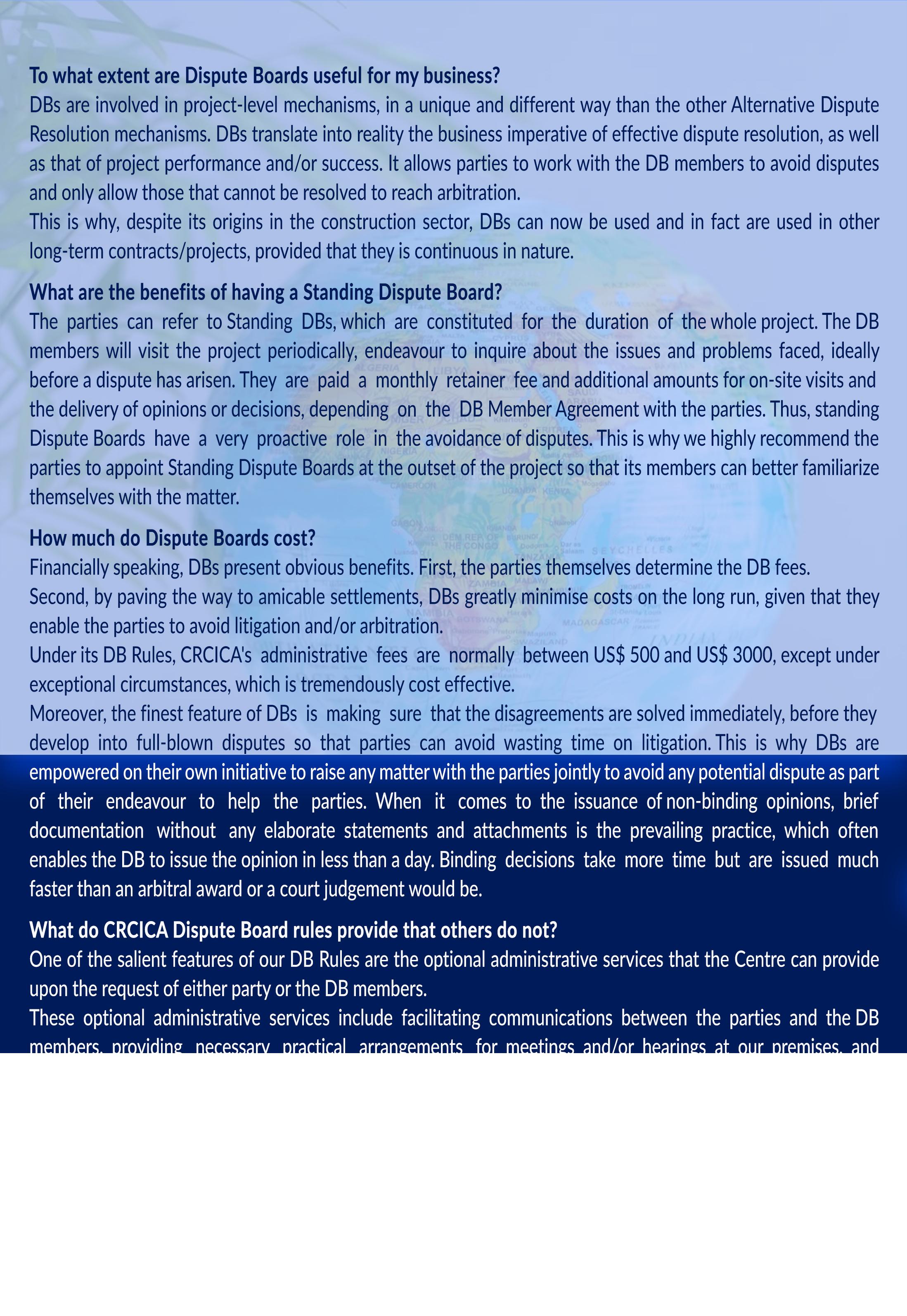
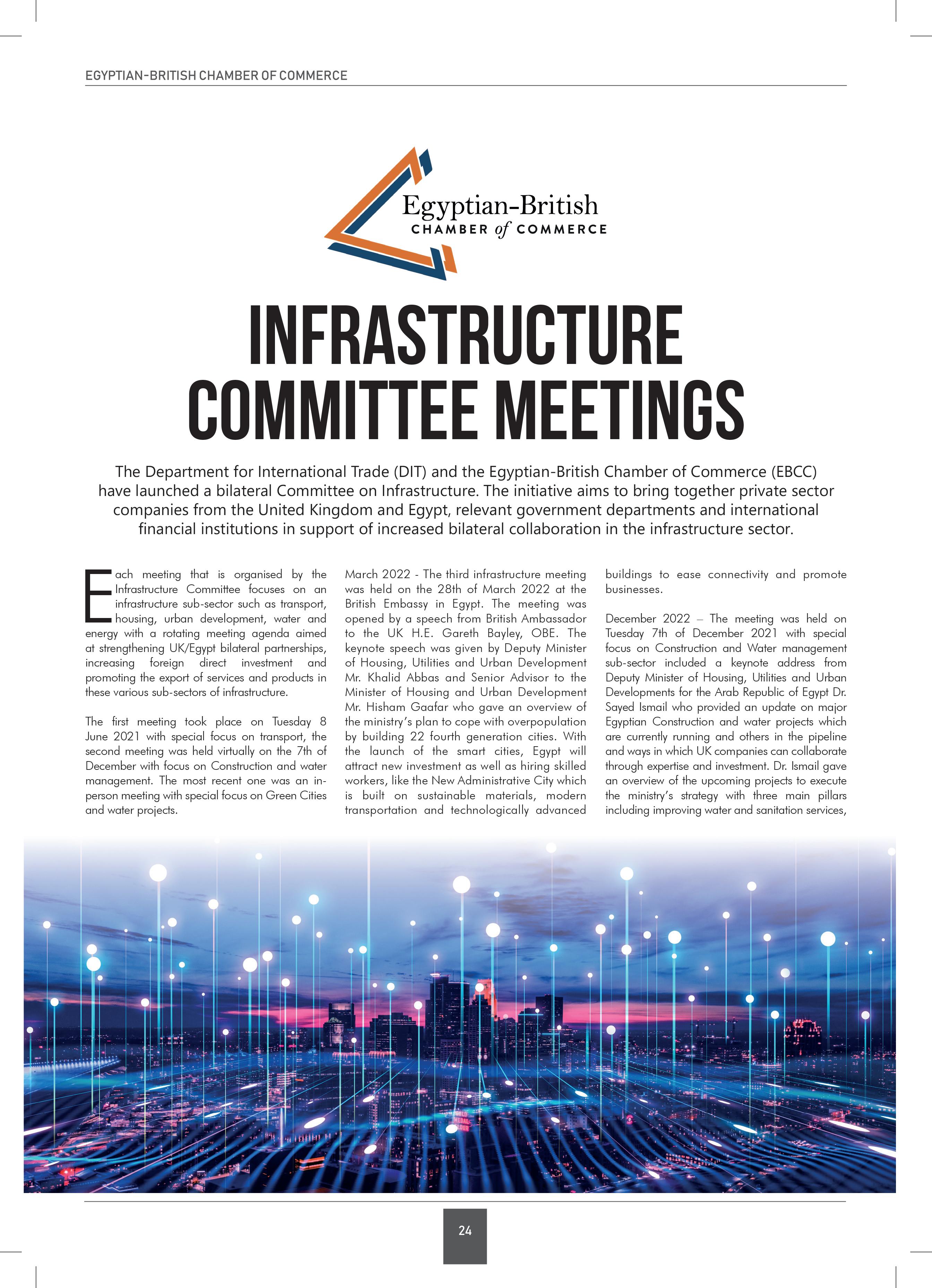
The meeting was opened by Mr Gareth Bayley OBE, British Ambassador to Egypt. Ambassador Bayley said: “I am delighted to see the DIT/ EBCC Infrastructure Committee initiative continuing successfully with this second meeting, strengthening UK-Egypt bilateral cooperation and our partnership in construction and water management. Our commercial ties are truly growing; only last year, UK company Hydro Industries secured a contract worth up to $200 million to build a world class water treatment plant on Egypt’s Red Sea Coast, helping to safeguard one of the world’s most precious ecosystems. The UK is keen to see these ties grow yet further, and I look forward to many more UK-Egypt partnerships in the booming infrastructure sector.”
The meeting was attended by major UK companies operating in the Construction and Water sector, including Mott MacDonald, Blue Water Bio, Hydro-industries, and Mace.
Alfred Assil, Co-Chair of the DIT/EBCC Infrastructure Committee and CEO of Menarail Transport Consultants said “Egypt is embarking on a new era in regard to long term sustainable infrastructure projects, specifically in the water sector; great collaboration potential could be foreseen between UK and Egyptian companies that we are keen to present and follow up through these infrastructure committee meetings held by the chamber’
Gordon Turley, Co-Chair of the DIT/EBCC Infrastructure Committee and Major Projects Director at Mott MacDonald said ‘This Forum is an exciting opportunity to hear and understand firsthand about the major upcoming developments in this sector and the openings they provide for UK businesses. We are grateful to the Ministry and Embassy for their contribution to this event.
June 2022- The meeting included a keynote address from His Excellency Kamel Al Wazir, Minister of Transport for the Arab Republic of Egypt. His Excellency Al Wazir provided an update on major Egyptian transport projects with an emphasis on opportunities in rail, metro and ports, and ways in which UK companies can get involved.
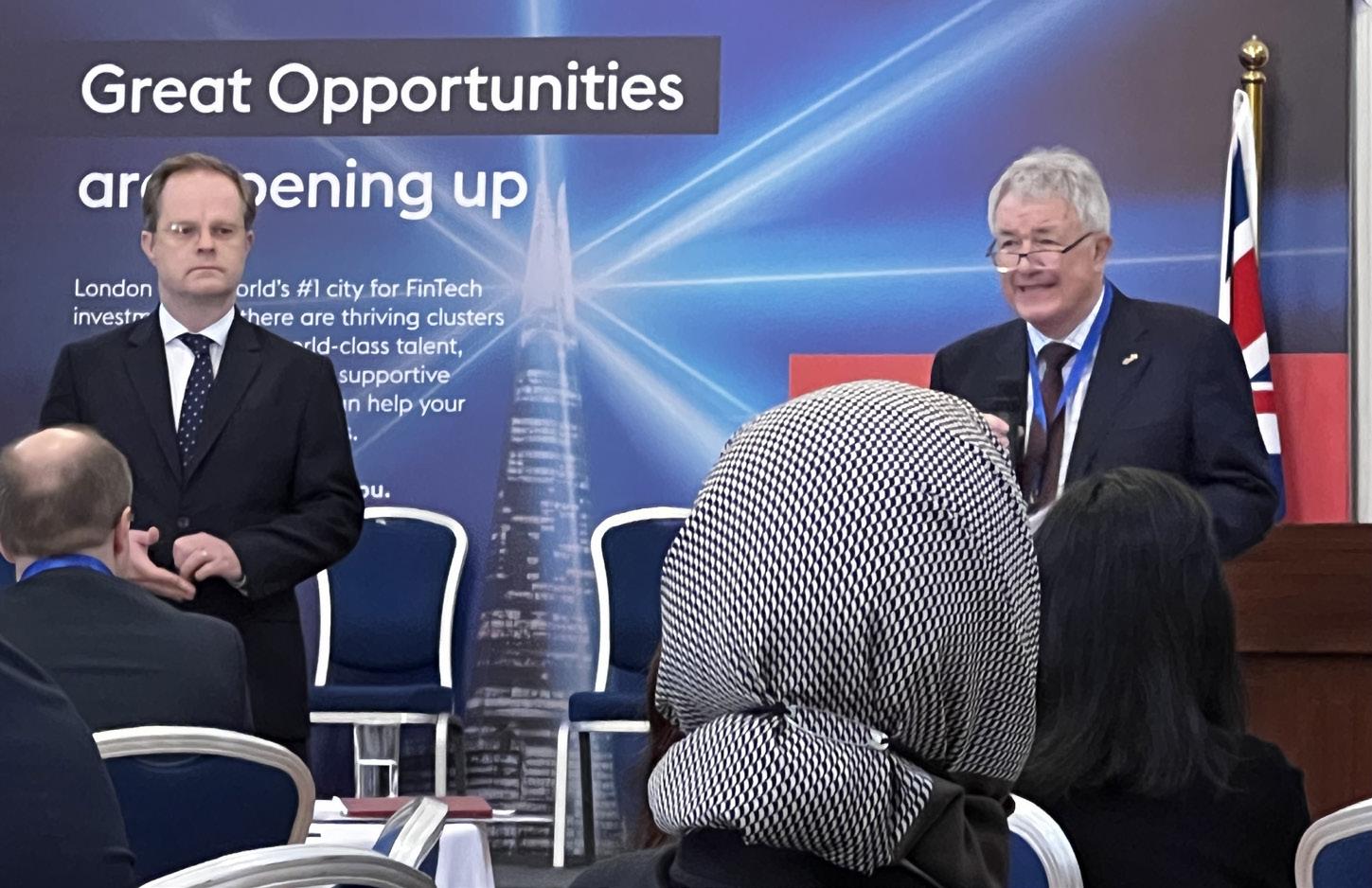
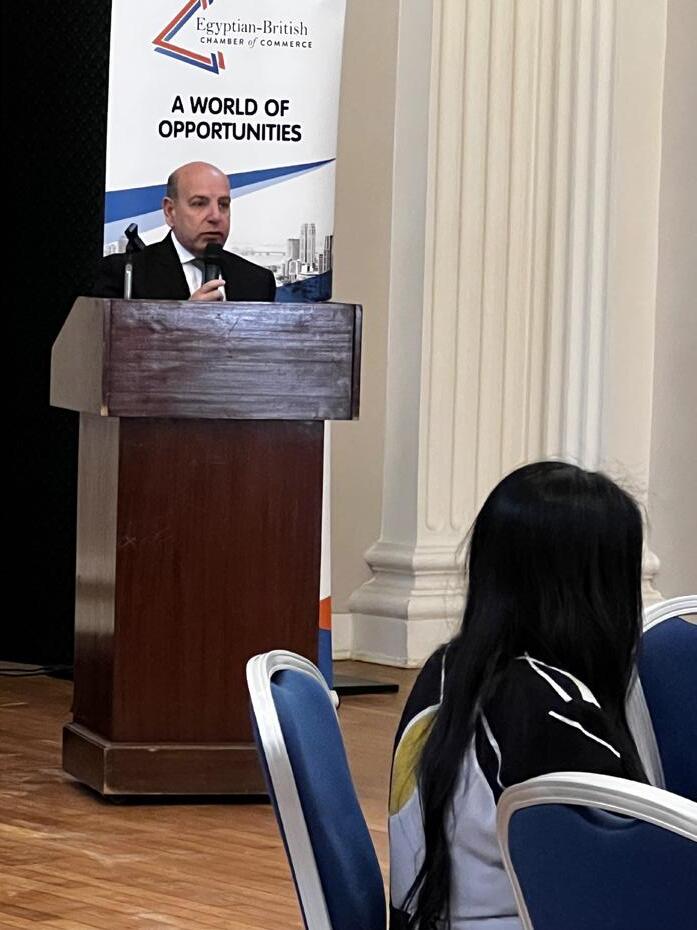


The meeting was opened by His Excellency Tarek Adel, Ambassador of the Arab Republic of Egypt to the UK and Anisah Dathi, Country Director for Egypt at the British Embassy in Cairo, representing Sir Geoffrey Adams, British Ambassador to Egypt.
Egyptian Ambassador then to the UK His Excellency Tarek Adel said: “I am positive that this Committee will be of great value in further enhancing dialogue and providing project-specific cooperation in the field of infrastructure. Investment in infrastructure projects lies at the heart of our government’s long-term vision for sustainable development because of this sector’s immense potential to transform the economy, create jobs and enhance connectivity. Egypt and the UK share a strong history of cooperation in the transport sector. Today we have many joint projects in different fields, at the forefront is the development of the new electric monorail in Cairo that will transport millions of citizens to and from the new administrative capital every day.”
British Ambassador to Egypt Sir Geoffrey Adams said: “I am delighted to see the launch of the DIT/ EBCC Infrastructure Committee initiative, which aims to promote UK-Egypt bilateral cooperation and partnerships in the infrastructure sector. Egypt has recently witnessed one of the UK’s biggest investment deals in Africa’s infrastructure sector, with the ongoing development of two electrified monorails in the Cairo metropolitan area - a deal worth $4.16 billion. The UK is keen on further strengthening our commercial ties with Egypt, and I am sure that this initiative will be of great help to both British and Egyptian businesses.”
The meeting was chaired on the Egyptian side by Alfred Assil, CEO of Menarail Transport Consultants and on the British side by Gordon Turley, Director of Major Projects at Mott MacDonald. The meeting was attended by major UK companies operating in the transport sector, including Bechtel, Colas Rail, Progress Rail, and the main UK organisations in rail and safety, RSSB, and the Railway Industry Association (RIA).










